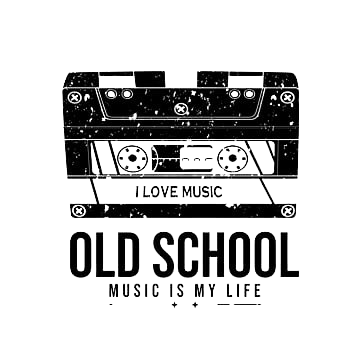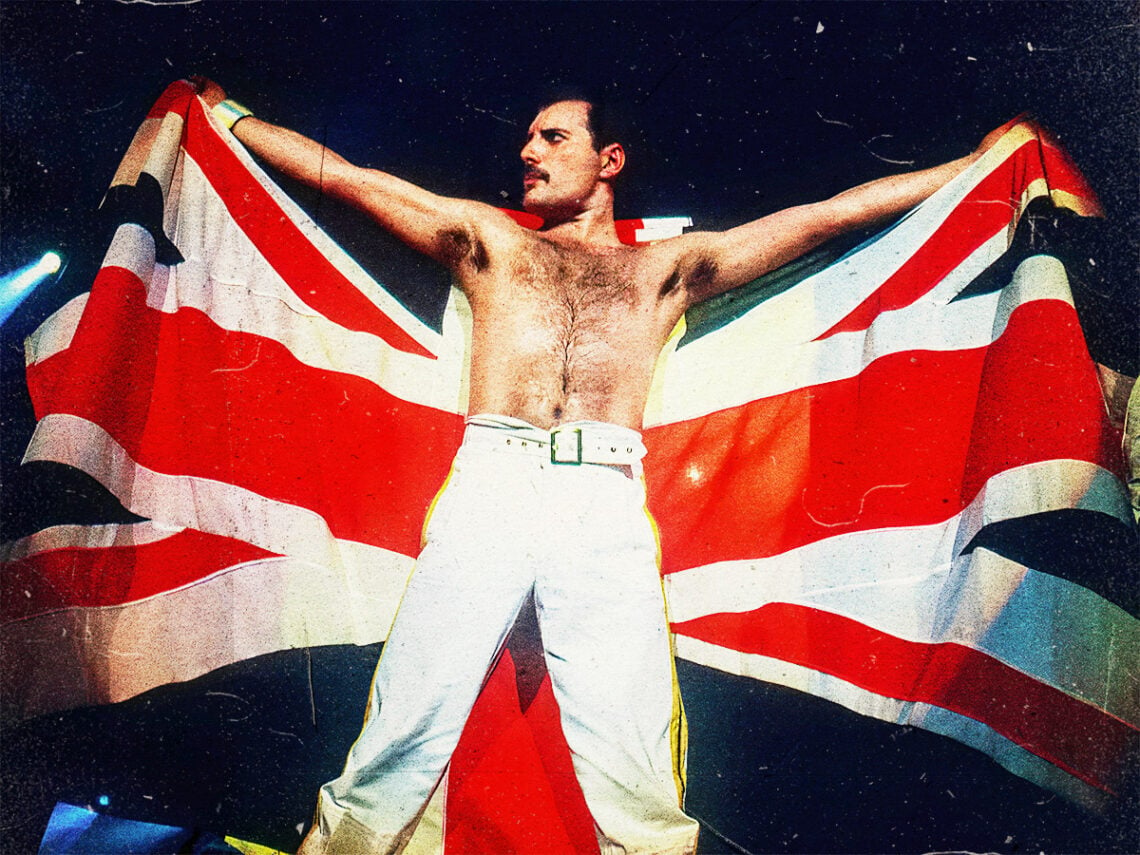Most artists can only hope to finish on top. The music industry has always been known to be cruel to even the most dedicated artists of all time, and hardly anyone who gets into the spotlight can claim to be shown in their best light when it is time to bow out. Although Freddie Mercury knew that he was living with a deadly disease for years, he ended up delivering one of his finest performances at Knebworth in 1986.
Then again, any band that has touched a stage and not taken any influence from Queen seriously needs to re-evaluate their stage presence. Mercury was always magnetic from the moment he touched the stage, which is usually strange coming from a man who seemed very quiet and reserved behind closed doors.
Coming off of the monumental Live Aid performance just months earlier, this was the moment where Queen could say that they had fully arrived. They may have earned their stripes as a rock and roll outfit, but they had conquered the next decade as bonafide pop stars, complete with one hit off almost every single album.
Since the group knew this was just as much of a celebration for the fans as it was for them, the setlist reads like a glorified greatest-hit record from the band. There might be a heavy emphasis on songs from their most recent album, A Kind of Magic, but the way they interweaved their old classics seamlessly into the setlist is one of the best parts of the show.
From start to finish, each track feels like watching a little piece of the band becoming a giant. There may have been songs that went all the way back to their first records, like ‘Seven Seas of Rhye’, but building to tracks like ‘Under Pressure’ was proof enough of how far they had come. The first may have been a jaunty piano piece Mercury had been working with, but going from there to making the kind of pop marvel with David Bowie almost feels like listening to two pop classics from two separate bands.
Fans weren’t just coming to hear a bunch of good pieces. This was a Queen show, after all, and one of the defining moments of the night came when Mercury got to do his vocal improv. Although most people would consider these kinds of vocals to be mere exercises in between the great songs, Mercury is practically playing the audience throughout those few moments, conducting them in the same way a choirmaster might conduct a choir.
Considering Mercury would be playing his final arena show, some of the songs are also hauntingly prophetic. The balladry of ‘Who Wants to Live Forever’ couldn’t have had the same subtext then as it did now, but hearing Mercury sing the track at what would become his final show with Queen is much more sombre to look back on.
If anything, though, the best member of the band that night wasn’t anyone on stage…it was the audience. When listening to the massive singalong on ‘Love of My Life’, you start to realise that Queen were not just a sonic institution onstage. They were entertainers, and they were going to make sure that every show felt like a communal experience for everyone involved.
Despite recording a few more albums with Queen afterwards, this would be the last time Mercury would share the stage with the band. His diagnosis had gotten to be too much for him to take on massive gigs, so the ultimate showman would be confined to the studio until his death in 1991 of AIDS.
While Mercury may have said his goodbyes for the final time, ending the night with ‘We Are the Champions’ was the best note they could have left on. There may have been dark days ahead, but Knebworth was not about celebrating the last time a Queen show. It was to rejoice that a band like this even got to grace us in the first place.

